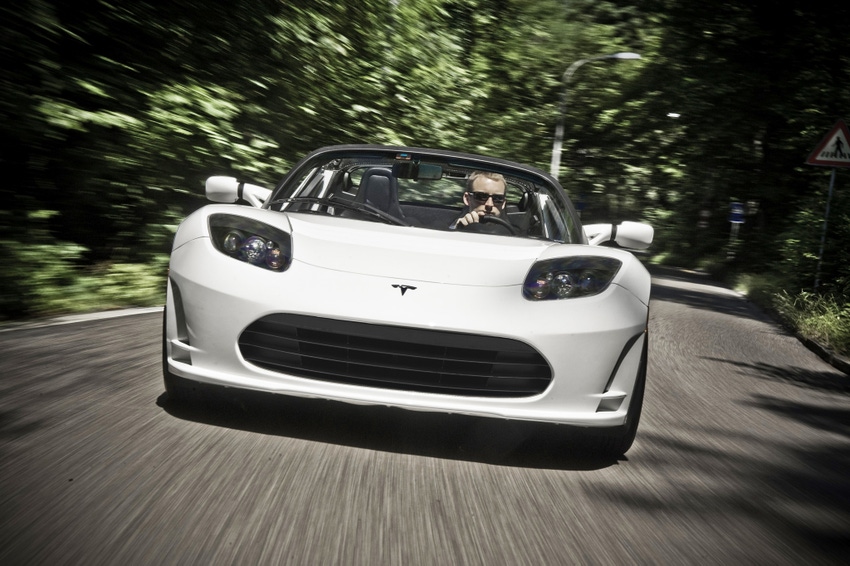
In part one of this series I introduced you to George Blankenship, an executive who helped Apple and Tesla reinvent themselves – and in so doing, disrupt industries and make the “impossible possible.”
In Apple’s case, it was products like the iPod, the iPhone and iPad. Tesla’s story is different, with one striking similarity: it’s another company that disrupted its industry and found a way to sell not just products, but products people could not live without.
That’s one reason why last month Tesla bypassed GM as the most valuable carmaker in the U.S. While it only held the top spot briefly, this boundary-pushing company is turning the automotive industry on its head.
Blankenship worked with the company’s CEO and founder Elon Musk to help build the world’s first electric car. The Tesla team had a vision to “build an electric car that’s better than any other car,” says Blankenship.
The company did a lot of things that other companies might consider impossible: It secured a $465 million Department of Energy loan and paid it off nine years early. It built its electric cars in factories that GM and Toyota had closed – no symbolism there. It won the Motor Trend car of the year and got the highest Consumer Reports ratings ever. They built a vehicle that will go 265 miles on one charge, 0-60 mph in 4.2 seconds, and has seating for 7 because there is no gas tank. It also gets 5-star crash ratings in all categories.
“You can control the car with a 7-inch touch screen,” says Blankenship. “They actually found that people were uncomfortable because when you brake, the car would just stop and not creep forward, so they did a software update that allows the car to ‘act’ like one built with a conventional gas-powered engine.”
Tesla started opening stores around the world. While Tesla’s prices still make them a bit pricey for many consumers, the company found a way to do what Apple had done: creating a product that people couldn’t live without.
“Companies talk about doing the impossible, and Elon Musk changed the world with his Tesla,” says Blankenship, who spoke at the Alltech One conference last week in Lexington.
No status quo here
“There is no status quo’ at these companies,” says Blankenship. “They’re all looking to do the one thing that people think is impossible.”
Disruptions will happen in every industry, including agriculture. What can you do to get into the disruptive mindset?
First, simplify. Focus only on what’s important. Second, have courage – don’t listen to outsiders. Third, demonstrate conviction. Fourth, celebrate successes and failures. Lastly, take the first step. If you don’t, you might as well have not had the idea in the first place.
Working with Steve Jobs
Blankenship was asked what it was like to work with Apple founder Steve Jobs in the era when the iPod, iPhone and iPad were launched.
“Steve was a special guy,” Blankenship says. “Every time he turned around someone was telling him what he was doing was wrong. When you get a guy like that who is focused on the future and doing incredible things, you can get frustrated. He was aggravated because the people around him couldn’t see what he could see.
“I was with him on 9/11. He walked in and said, is everyone okay, is everyone’s family okay? If you have a problem, we can fix it. That was the other side of him,” said Blankenship, who teared up as he told the story. “When we would drive home at night, he showed this incredible, passionate, sensitive side. He would be singing and dancing but people never saw that side of him because he was an incredibly private person.”
About the Author(s)
You May Also Like






